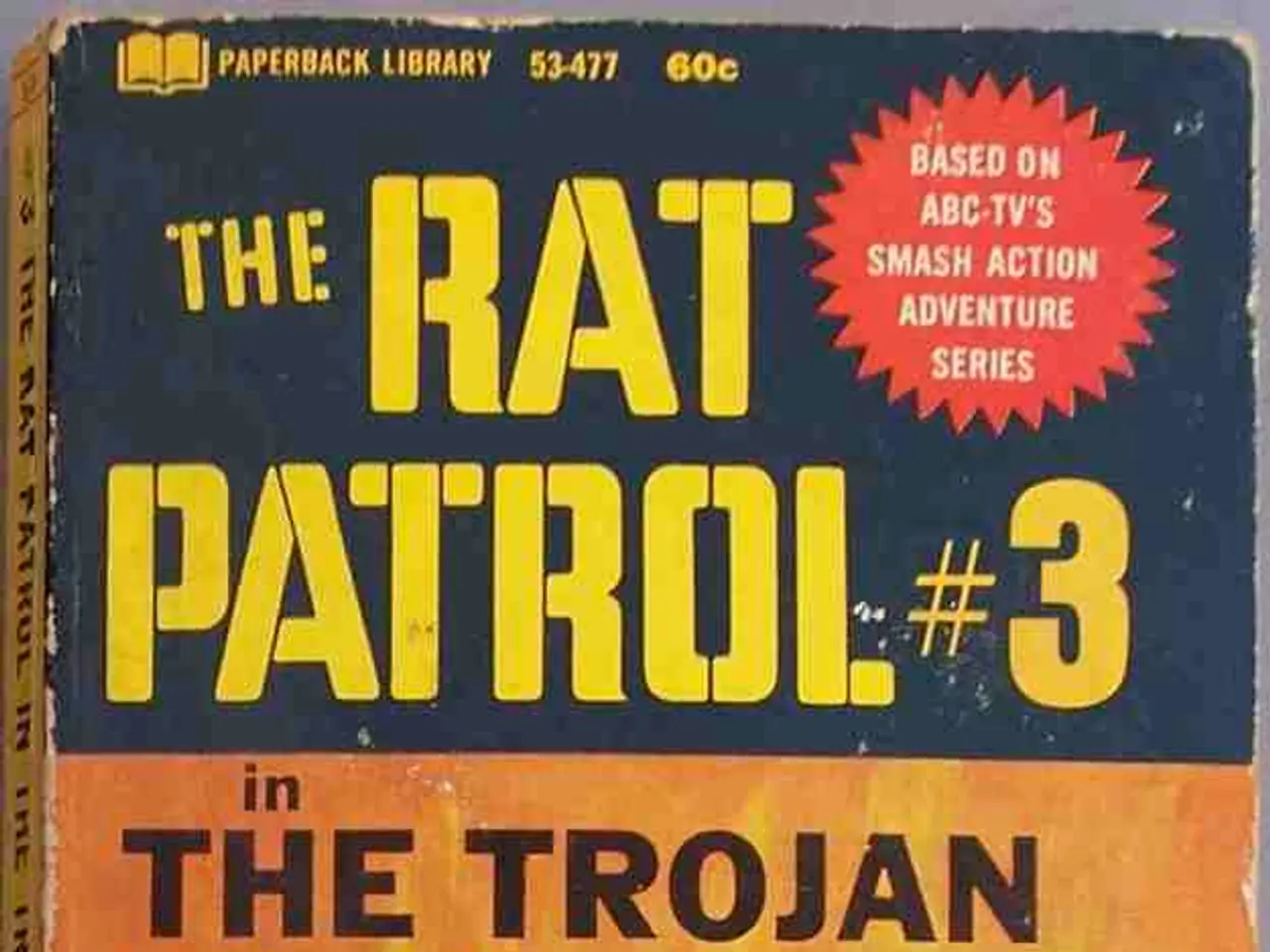Conflict After Conflict
Article Title: Kurt Tucholsky's Pacifism and Modern Warfare: A Relevant Perspective
In the tumultuous times of the 21st century, the words of Kurt Tucholsky, a German journalist and satirist from the early 20th century, have gained renewed popularity, particularly since the beginning of the Russian invasion of Ukraine. Tucholsky, known for his pacifist views, offered a unique perspective on war and peace that remains relevant today.
Tucholsky's pacifism was not limited to the nation-state; he fought the war of nation-states wherever and whenever he could, with whatever means he could, for peace and for his idea of Europe. His spiritual successors are currently dealing with war, particularly in Ukraine, as explored in Pascal Beucker's book "Pazifismus - ein Irrweg?"
Tucholsky's most famous quote, "Soldiers are murderers," was first published in his "Weltbühne" article "The Guarded War Theater" in 1931. The quote has been a subject of controversy, with attempts to make it a criminal offense, but the Federal Constitutional Court ruled in 1995 that the sentence did not constitute a criminal offense.
Tucholsky's editor, Carl von Ossietzky, was prosecuted for the quote but was acquitted by a Berlin court in 1932. In Tucholsky's time, the definition of murder was different, encompassing more acts than would fall under murder in today's criminal code.
Tucholsky's pacifism was rooted in his experiences from World War I and is not peaceful; he believed that peace is only effective if it is combative. He mistrusted every state and aimed to bring the external war into society, to wage it internally. This approach is evident today, as the slogans of Tucholsky are printed in the current reissue of "his" newspaper, the "Weltbühne", but Russia is not named as the aggressor in the Ukraine war, breaking with this heritage.
Tucholsky's perspective on modern wars emphasized their tragic human cost and the dehumanizing nature of mass death. He is famously associated with the statement, "One death is a tragedy, a thousand—a statistic," which captures the impersonal scale of modern warfare. Although Tucholsky wrote mainly in the early 20th century, before the current concept of hybrid warfare fully developed, his statements primarily critique the devastating human toll and the bureaucratic or statistical distance that modern wars create from individual suffering.
Applying his views to the context of hybrid warfare—with its blending of conventional, irregular, informational, and cyber operations—one might infer that Tucholsky would remain deeply critical. The blurred lines would intensify his concerns about how wars obscure human realities, making violence more pervasive yet less visible as personal tragedy, reducing suffering to statistics or strategic chess pieces, rather than clear moral reckoning.
Despite the UN's declaration to save future generations from the scourge of war, the Hamburg Working Group on the Causes of War (AKUF) counted 28 wars and armed conflicts worldwide in 2023, indicating that the goal has not yet been achieved. As we continue to grapple with the complexities of modern warfare, the insights of Kurt Tucholsky remain a powerful reminder of the human cost of conflict and the need for a more compassionate and combative approach to peace.
- In the face of ongoing war and conflicts, such as the one in Ukraine, the pacifist policies and legislations proposed by Kurt Tucholsky are still relevant, as they emphasize the human cost of war and advocate for a combative approach to peace.
- The current political landscape, filled with general news of global conflicts, highlights the importance of considering Tucholsky's views on war and peace, particularly his belief in bringing the external war into society and his critique of modern warfare's dehumanizing nature.








